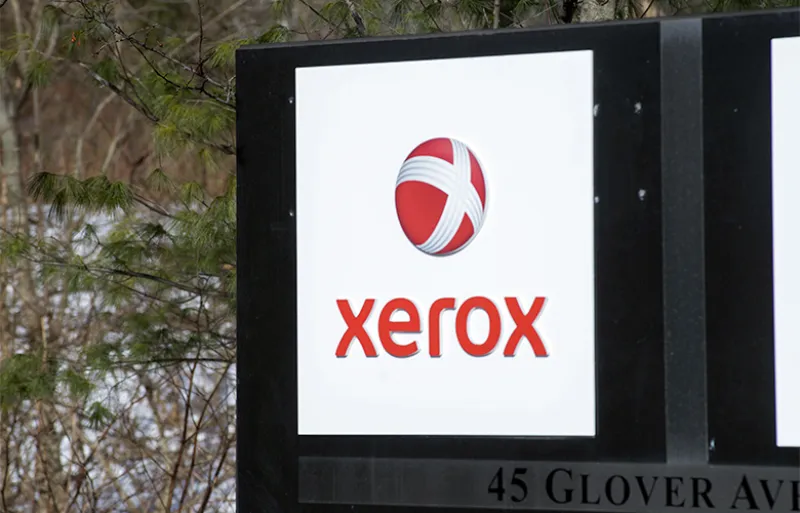The merger between Fujifilm Corp. and Xerox Corp. has been called off following Xerox’s drawn-out proxy fight with shareholders Carl Icahn and Darwin Deason.
For the second time in two weeks, Xerox has appointed a new slate of directors to its board and ousted its chief executive officer, according to a statement from the printer and copier company Monday. Xerox once again terminated its agreement with Fujifilm and said the company will explore strategic alternatives.
Icahn and Deason faced a brief setback before winning the proxy battle. Xerox agreed May 1 to elect a new slate of directors and to explore alternatives beyond a merger with Fujifilm. But on May 3, Xerox announced the agreement had expired, reinstating its board, its CEO and the Fujifilm merger plan.
“We are extremely pleased that Xerox finally terminated the ill-advised scheme to cede control of the company to Fujifilm,” Icahn said in an emailed statement on May 13. “With that behind us and new shareholder-focused leadership in place, today marks a new beginning for Xerox.”
[II Deep Dive: Icahn-Xerox Battle Gets Uglier]
John Visentin will replace Jeff Jacobson as the chief executive officer, as Jacobson has resigned from the role. Additionally, Jonathan Christodoro, Keith Cozza, Nicholas Graziano, Scott Letier and Visentin will take on board seats, replacing Robert Keegan, Charles Prince, Ann Reese, William Curt Hunter and Stephen Rusckowski, each of whom resigned from the board.
Gregory Brown, Joseph Echevarria, Cheryl Krongard and Sara Martinez Tucker will continue to serve as board members.
Icahn’s campaign to unseat Xerox board members began in December. He owns a 9.2 percent stake in the company. Both Glass Lewis and Institutional Shareholder Services, the two major proxy firms that advise shareholders on how to vote in proxy contests, declined to comment on the proxy fight.
Following Icahn’s nomination of new directors, Deason, who owns a 6 percent stake in Xerox, brought two court cases against the company. The first, filed on February 18, sought to stop the Fujifilm-Xerox deal from going through. The second, which came on March 2, sought allowance to submit a full slate of directors, despite his missing a deadline to do so.
The deal between Xerox and Fujifilm was announced on January 31 and expanded on their joint venture started 56 years ago. Under terms of the deal, Fujifilm would acquire a 50.1 percent stake in the combined company by paying a special $2.5 billion dividend to Xerox stockholders that was then worth about $9.80 per share. The combined company was valued at about $45 per share, according to the announcement.
As a part of the deal, Jacobson would have remained CEO of the combined company. According to court filings, Xerox’s board was concerned about Jacobson’s negotiation of the deal, with one member noting calling him a “rogue CEO” who was more concerned with his next role than with the company’s well-being.
This made it all the more contentious when Xerox allowed the deal it made with Icahn and Deason to expire on May 4. Since then, the activist shareholders and copier giant have been trading blows.
“We do not, however, believe that Mr. Icahn and Mr. Deason have the right to speak for all shareholders or deprive any shareholders of their right to be heard,” Xerox said in a May 9 statement.
Just a day later, Icahn and Deason sent Xerox shareholders an “open letter” calling the company's board “delusional.”
As it stands now, Fujifilm does not believe Xerox has legal standing to call off the deal. “We do not believe that Xerox has a legal right to terminate our agreement and we are reviewing all of our available options, including bringing a legal action seeking damages,” a spokesperson for the company said via email.
Maybe the battle for Xerox will continue despite Icahn's latest win.







